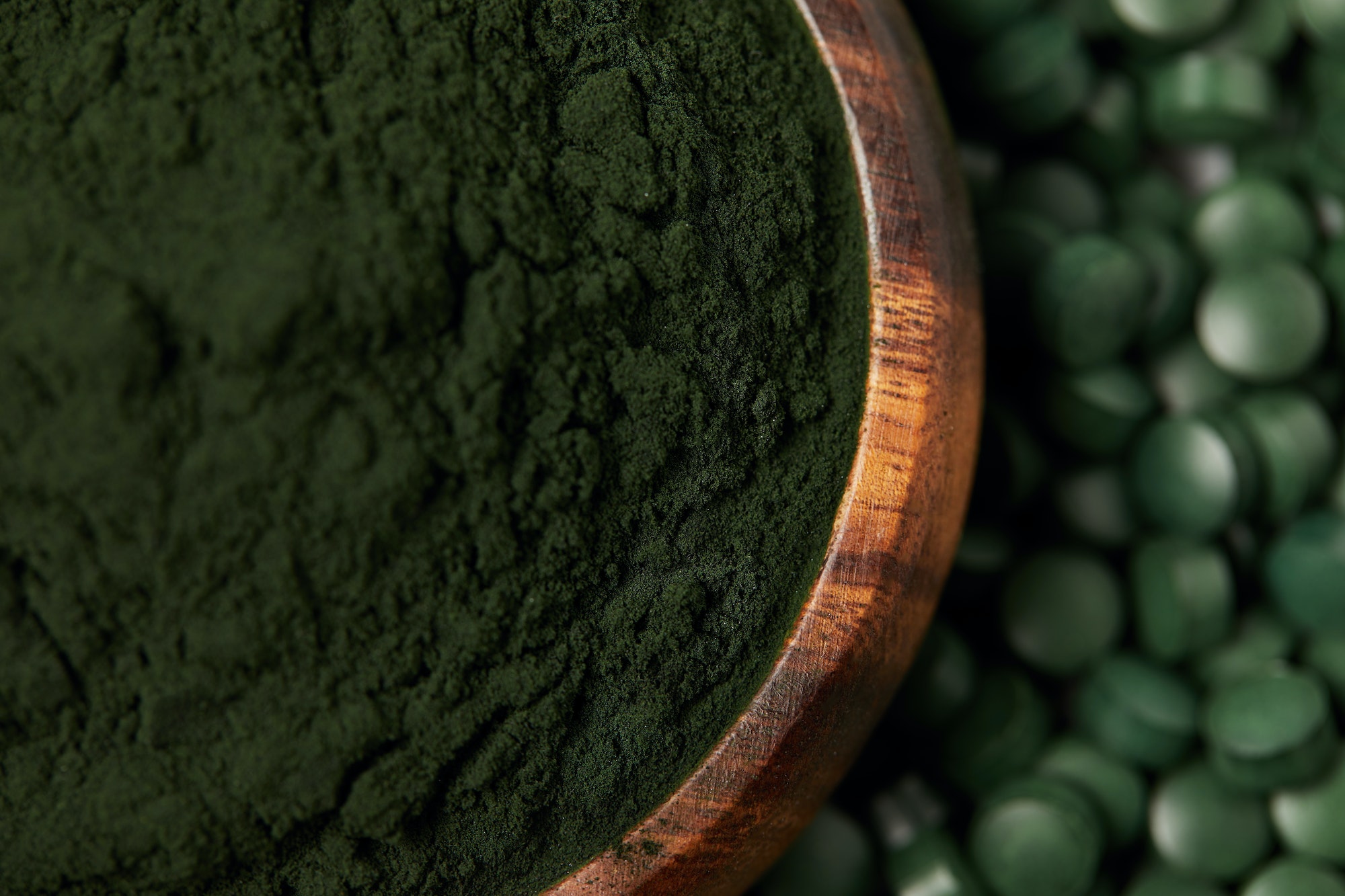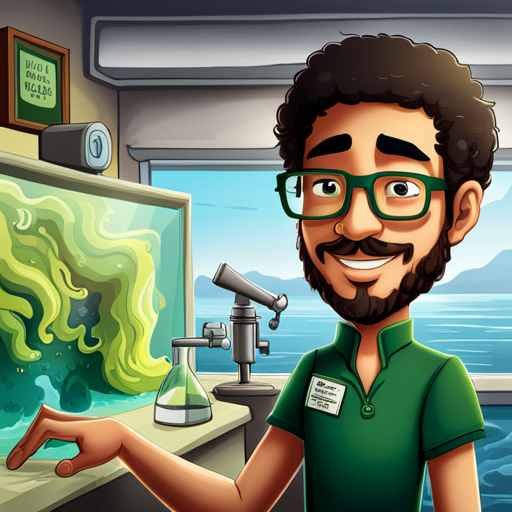Algae-derived products have gained significant attention in recent years due to their potential applications in various industries, such as biofuels, pharmaceuticals, cosmetics, and food. The development of algae bioproducts and optimizing biomass production through advanced technologies are crucial for achieving sustainable and cost-effective solutions.
One of the primary applications of algae-derived products is in the biofuel industry. Microalgae can produce large quantities of lipids, which can be converted into biodiesel and other forms of bioenergy. Algal biofuels have several advantages over traditional fossil fuels, including lower greenhouse gas emissions, reduced dependence on foreign oil, and the ability to grow on non-arable land. Researchers are continually working on improving algal strains and cultivation techniques to enhance lipid production and reduce the overall cost of biofuel production.
Another promising application of algae-derived products is in the pharmaceutical industry. Algae are rich sources of bioactive compounds with potential therapeutic applications, including antioxidants, anti-inflammatory agents, antimicrobial agents, and anticancer compounds. For example, the microalga Spirulina has been extensively studied for its potential health benefits and is used as a dietary supplement due to its high protein content and essential nutrients. Other microalgae species produce unique compounds that are being investigated for their potential use in drug development.
The cosmetics industry is also exploring the use of algae-derived products due to their unique properties. Some microalgae species produce pigments that can be used as natural colorants in cosmetic products. Additionally, algae-derived polysaccharides have been found to possess moisturizing, antioxidant, and anti-aging properties that make them suitable for use in skincare formulations. Furthermore, research suggests that certain microalgae can protect against UV radiation damage, making them a promising ingredient for sunscreens.
The food industry is another area where algae-derived products have potential applications. Microalgae are rich in proteins, vitamins, minerals, and essential fatty acids, making them a valuable source of nutrition. Some species of microalgae, such as Chlorella and Spirulina, are already used as dietary supplements due to their high nutritional value. Additionally, microalgae can be used as a sustainable source of omega-3 fatty acids, which are typically obtained from fish oil. This could help reduce pressure on overfished marine ecosystems while providing a vegan alternative to traditional omega-3 supplements.
To fully harness the potential of algae-derived products, it is crucial to optimize biomass production through advanced technologies. One approach is through genetic engineering and synthetic biology techniques, which can help improve algal strains by increasing their growth rates, lipid content, or production of specific bioactive compounds. Another area of focus is the development of efficient cultivation systems that maximize biomass productivity while minimizing resource consumption. This includes exploring novel photobioreactor designs and optimizing growth conditions to enhance algal growth and product synthesis.
Additionally, efficient harvesting and processing methods are essential for the economic viability of algae bioproducts. Researchers are investigating various techniques for harvesting microalgae, such as flocculation, flotation, and filtration, to find the most cost-effective and sustainable solutions. Furthermore, advancements in extraction and conversion processes are needed to improve the recovery of valuable compounds from algal biomass.
In conclusion, algae-derived products have numerous potential applications in various industries, including biofuels, pharmaceuticals, cosmetics, and food. The development of advanced technologies for optimizing biomass production and processing is essential for realizing the full potential of these sustainable resources. As research progresses and new innovations emerge, algae bioproducts will undoubtedly play a significant role in shaping a more sustainable future.


